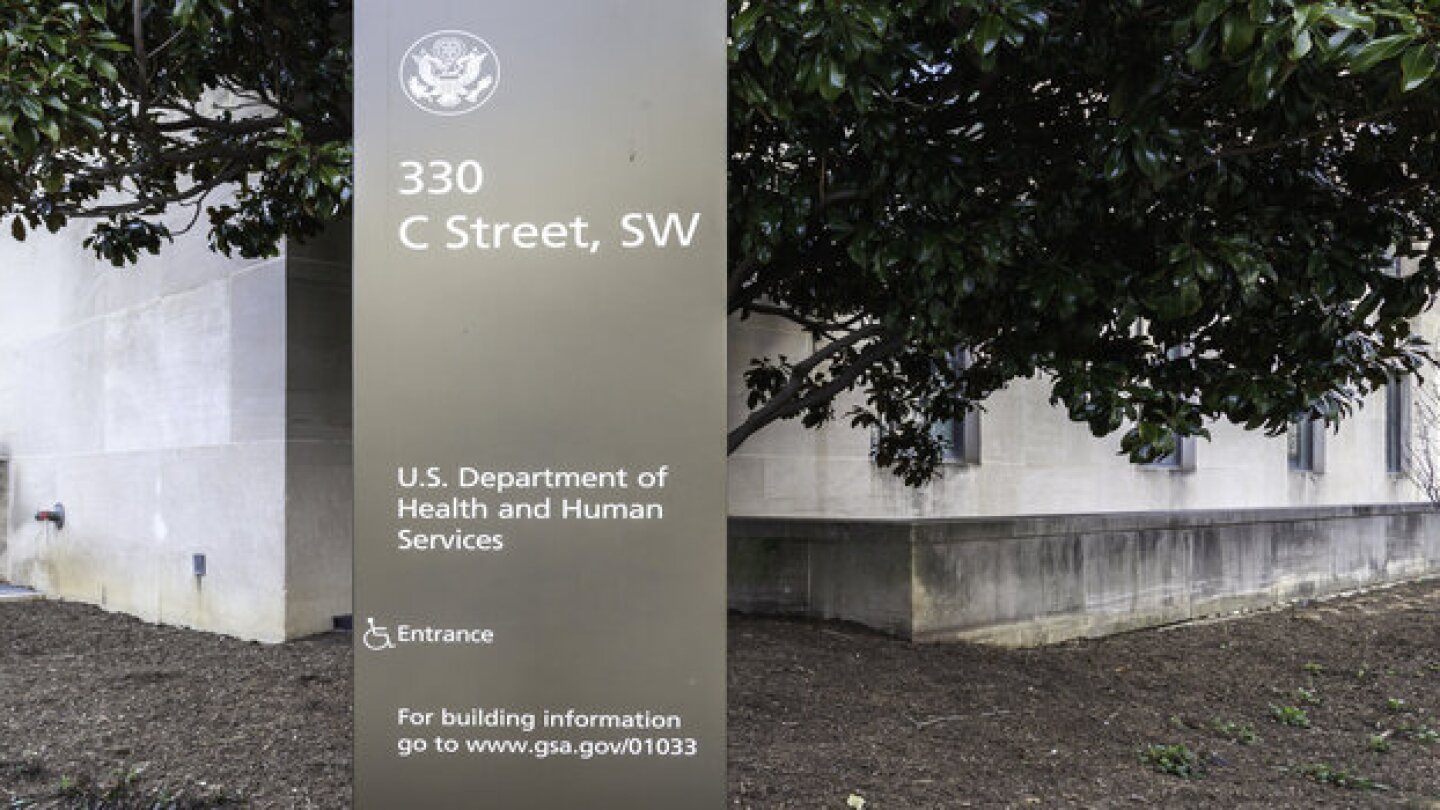News
Sanofi expects to add “a significant number of high-paying jobs” in the U.S. with $20 billion investment through 2030.
FEATURED STORIES
Effectively treating and preventing this common form of dementia will require a cocktail of drugs and a combination of approaches, as well as a drive toward early detection.
Among the FDA’s pending decisions for this quarter are Vertex’s non-opioid pain drug and Sanofi’s RNA interference therapy for hemophilia A and B.
Expanding volumes of data point to mechanisms beyond weight loss and blood sugar control that contribute to cardiovascular benefits in the world’s fastest-growing drug class.
Job Trends
Gilead Sciences, Inc. announced it is providing a total of $12.6 million in grant funding to 19 organizations working to improve the HIV landscape for Black women and girls in the United States.
FROM OUR EDITORS
Read our takes on the biggest stories happening in the industry.
When talking to some of the most impressive women in biopharma, the conversation inevitably turned to what these women wanted other entrepreneurs to know. Here’s the best of the best of that advice.
THE LATEST
The National Security Commission on Emerging Biotechnology recommends at least a $15 billion investment into biotech over the next five years.
The FDA approved the use of Opdivo with Yervoy in front-line colorectal cancer, while a Manhattan court junked a class action complaint over the blood cancer drug Pomalyst.
Jazz is being accused of anti-competitive practices regarding its narcolepsy drug, as generic competitors emerge on the market.
A consumer-driven weight loss market could put pharma at greater risk if a recession hits; the continued turmoil at FDA and other HHS agencies magnifies the uncertainty facing the industry; Lilly files a lawsuit against a med spa selling its drugs; and more.
Wegovy and Zepbound are just the latest drug dyads to face-off in the competitive pharma market, continuing a legacy of rivalry that includes blockbuster drugs Keytruda, Humira and Eliquis.
Billions in market cap are being shed as the markets reel over President Donald Trump’s escalating trade war. Eli Lilly’s value has dropped more than $95 billion in just one month.
Long considered resistant to economic downturns, the pharmaceutical industry may face a greater challenge this time around as GLP-1s dominate and the population grows older.
The company is dropping its former lead molecule in favor of another antibody, RLYB116, which is being developed for a variety of rare autoimmune disorders.
Merida is working on a selective therapy for Graves’ disease, leveraging targeted therapies that can deplete disease-causing autoantibodies.
Last week, The Trump administration reversed a Biden-era proposal for Medicare coverage of anti-obesity treatments. But on Monday, HHS suggested it is open to future policy considerations toward this end.

















